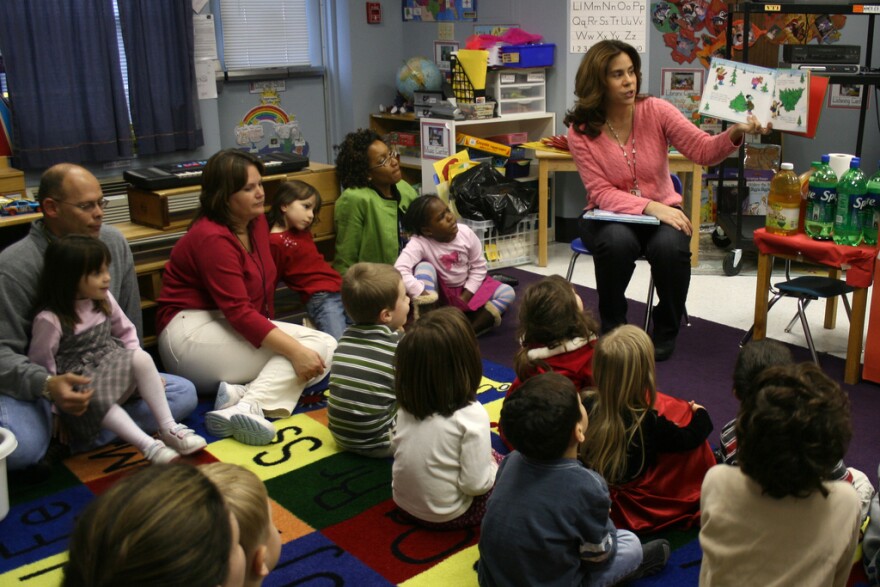Learning English can be tough for children whose parents speak a different language at home. But a new study suggests that, in Spanish-speaking homes, learning words and numbers in Spanish actually helps children pick up English faster.
Even if parents can't speak English, they can help their child learn it.
"Parents who want to foster their children's English acquisition in school can feel a little better about doing those activities in Spanish, because they seem to be helpful," said Francisco Palermo from the University of Missouri, one of the authors of the new study.
"It's the Spanish skills that foster the learning of English," he said. "We're better off trying to build on the skills children already bring into the classroom, as opposed to trying to replace the ones they already have."
Palermo suggested that teachers incorporate the skills kids bring to the classroom into their lesson plans.
His study looked at Spanish-speaking families, which, as a linguistic group, are the largest portion of non-English speakers in the U.S.
Researchers followed Spanish-speaking children for a year during preschool and found that building on Spanish skills led to improved English. Language learning during preschool can be a key factor in determining how well students learn other things as they progress through school.
“Most of these children will be attending English-only programs," said Palermo, "and preschool seems to be an optimal time to develop some of those skills, before they go into kindergarten."
The study's authors say these findings are significant because of the rapid growth in the Spanish-speaking population. In Connecticut, nearly 10 percent of all students in the state speak Spanish as a native language -- an increase of over eight percent since 2011.
By the year 2030, the National Center For Education Statistics projects that non-native English speakers will account for 40 percent of all students in the country, and the vast majority of them being from Spanish-speaking homes.


